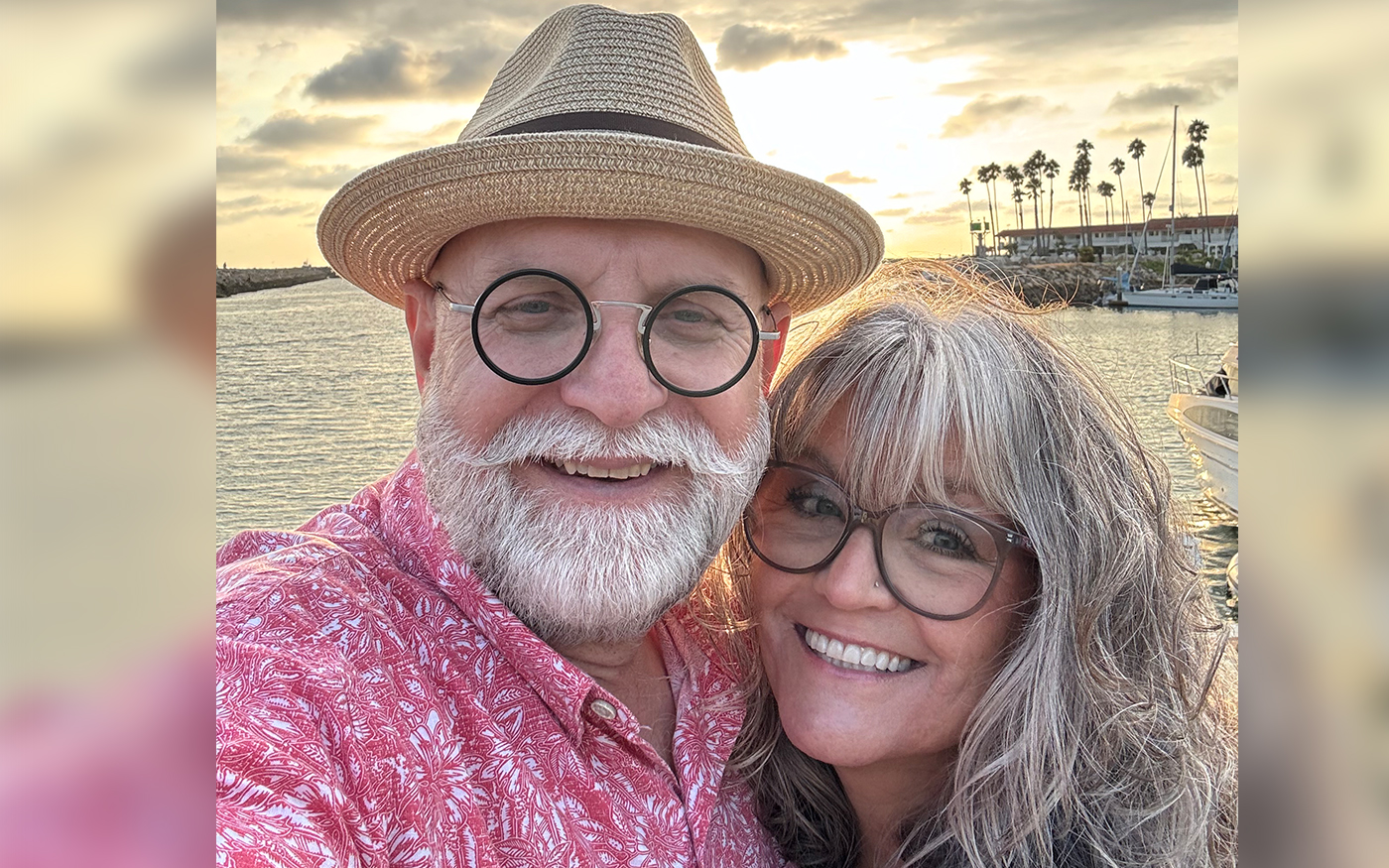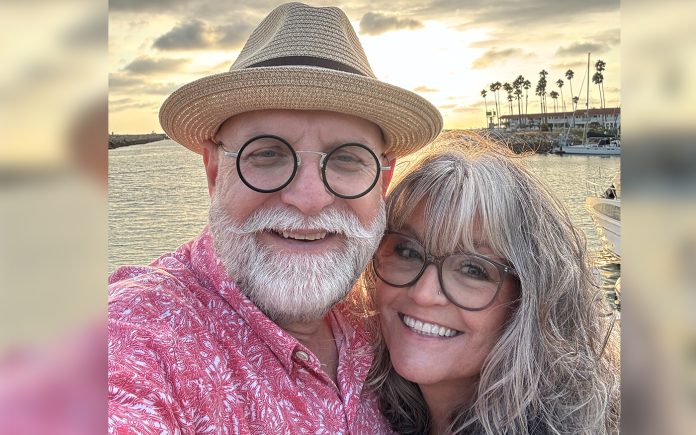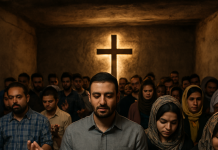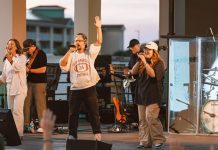Despite battling vocal cord issues that made preaching nearly impossible, Don Sanderson chose obedience over comfort. With unwavering faith, he continued proclaiming the Word—each sermon a step of trust—until healing came.

A Voice Restored: Pastor Don Sanderson’s Journey Through Pain, Loss, and Healing
After more than four decades of preaching, Pastor Robert “Don” Sanderson Jr., 62, had never experienced vocal strain—until July 2024. The longtime shepherd of Vista Assembly of God in Vista, California, began facing persistent throat pain that worsened over time. By October, recovery from a single sermon took four days. A doctor’s diagnosis revealed his vocal cords were shrinking and separating.
“I went to speech therapy, did all the exercises,” Sanderson recalls. “It did nothing.”
As his voice faltered, grief compounded. Two of his brothers received terminal diagnoses. His eldest stepbrother was battling stage four cancer.
“We were praying for all three of our healings,” Sanderson says. “But my brothers’ were terminal. Mine was just—OK, so what? I can’t preach anymore. With technology, with AI, I can figure it out.”
In November, he visited his stepbrother, knowing time was short. Holding his frail body during Thanksgiving, Sanderson prayed over him. His brother’s final words: “You’re a good brother. I love you.” Four weeks later, he passed away.
Despite the strain, Sanderson officiated the funeral. That night, his voice vanished completely for an hour.
“I had nothing but a squeak,” he says. “I didn’t know what to do.”
The issue persisted. By December and January, he resorted to pressing on his throat while preaching—manually forcing his vocal cords together to speak.
On January 5th, Vista AG began a 21-day fast. By January 25th, Sanderson hadn’t recovered from the previous Sunday’s sermon. Sitting beside his wife, he confessed, “This isn’t fair to our church. If God doesn’t heal me, I need to resign and retire from ministry.”
He knew the church had endured much before his arrival. “If I had to stand up and say, ‘I’m resigning,’ it would devastate this church.” That night, he cried himself to sleep.
Worship Pastor James L. Nash, 30, remembers Sanderson’s arrival as a breath of fresh air. “He brought a renewed focus on pastoral care,” Nash says. But as the vocal issues worsened, even short conversations left Sanderson voiceless.
“I felt bad having long talks with him,” Nash shares. “It made him sad that his conversations had to be cut short.”
Sanderson believed preaching was less than 10% of a pastor’s role—but it was still deeply personal.
Then came January 26th. Sanderson began his sermon in discomfort, but something shifted mid-message. His voice grew stronger.
“Mid-service, he started getting louder and louder,” Nash recalls. “I thought, ‘Oh no, I hope he doesn’t throw his voice out.’ It didn’t click.”
That evening, the church gathered for a worship night to close the fast. Sanderson felt prompted to lead a chorus—something he hadn’t done in five months.
“I was afraid,” he admits. “I was so fearful.”
He stepped up to the piano and led Clint Brown’s “You Are Worthy.” Singing You are worthy of our praise. We come and adore you. We bow down before you, he knew: a miracle had happened.
At a follow-up appointment, his doctor confirmed that while his vocal cords were thinning—a normal condition for his age—they were now touching. He hasn’t experienced vocal discomfort since.
With one brother gone and another still suffering, Sanderson wrestles with the mystery of healing. “I said to my little brother, ‘I don’t understand why God touched me and hasn’t touched you.’ And he said, ‘He’s touching me.’”
“In 40 years of ministry,” Sanderson reflects, “I’ve prayed with many. Some were healed. Some received their eternal healing. I rest in knowing: God, you’re my healer. You’re their healer. But first and foremost, you’re our Savior and our King.














